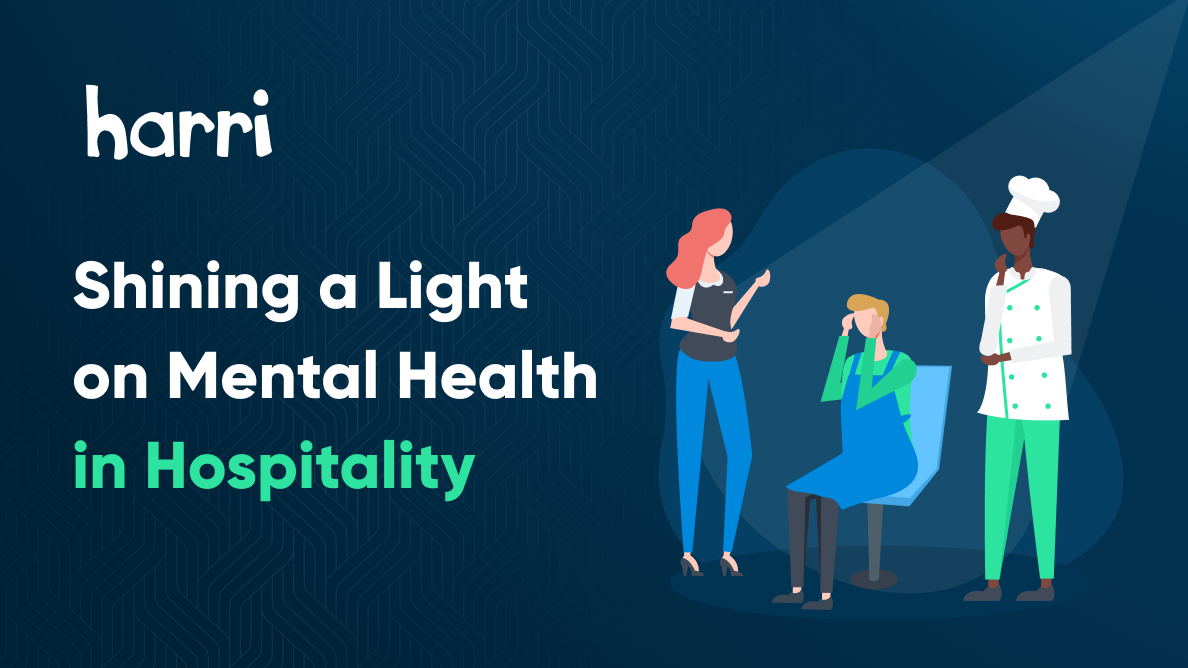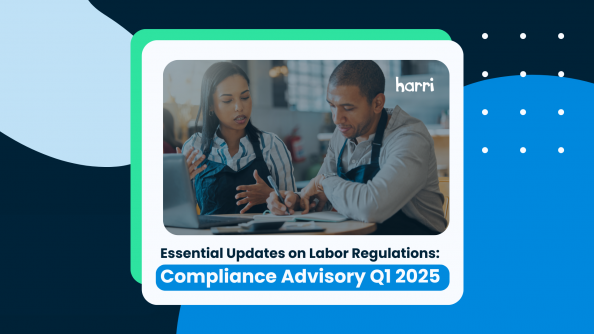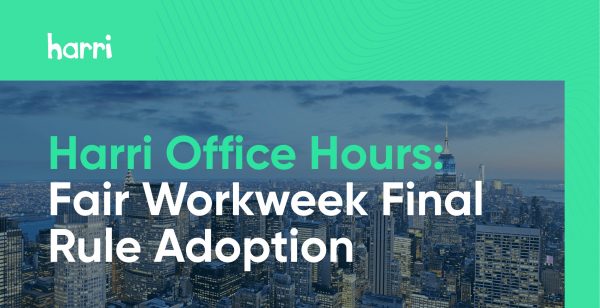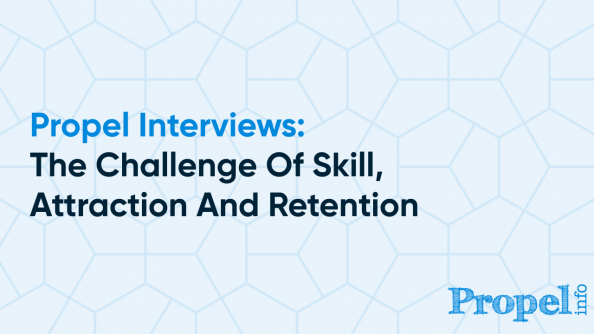Shining a Light on Mental Health in Hospitality

- By Harri Insider Team | December 10, 2021
Mental health struggles are not uncommon in the high-pressured world of hospitality, but since the pandemic the situation has become even worse. About three out of five hospitality workers have struggled with a mental health issue in their career, according to Hospitality Action’s Mental Health Survey 2020.
However, this number has risen throughout the pandemic, with new research by High Speed Training finding that nearly three-quarters of hospitality sector staff struggle with their mental health.
Many of those workers are suffering in silence, but industry leaders and charities are keen to shine a light on the issue – and their efforts will soon be boosted by a hard-hitting new film. Boiling Point will be released on December 29 and stars BAFTA nominee Stephen Graham as a chef on the edge of a mental breakdown. The film is shot in one take and immerses viewers in the relentless pressure of a restaurant kitchen on the busiest day of the year.
Here we explore why workers’ mental wellbeing is suffering so much, look at what steps the industry is taking to improve the situation, and consider how Harri might be able to help too.
Pandemic Added to Mental Health Strains
Intense workload demands, unpaid work and concerns about catching Covid impacted the mental health of hospitality employees during the pandemic, according to a new collaborative study by Sheffield Hallam University, Sheffield University and the University of Exeter.
The aim of the project was to recognise the work done by hospitality staff and encourage better working conditions and higher pay in the future. The year-long research project culminated in a podcast, ‘Beers, Burgers + Bleach’, which recounts the experiences of 21 hospitality workers across the UK who were interviewed and completed a work diary between December 2020 and April 2021.
One worker who contributed, Bill, who is in his 60s and has worked in hospitality for 50 years, told of the difficulties he faced dealing with customers who were unwilling to comply with regulations.
He said: “When we’ve been asking them to do things [like] ‘can you put a mask on?’, ‘can you sanitise your hands?’, ‘will you fill a track and trace [form] in?’, it’s as if they’ve been in a different world because they might go to a supermarket and they’ll put a mask on, but when they come to where I work it’s a different world – ‘why do we have to do it here?’.
“People’s attitudes have been absolutely horrible: we’ve been sworn at and abused.”
Another worker, referred to as Ben, spoke of his worries over introducing Covid into the workplace through his dependence on public transport to get to work.
“I definitely feel as if I raise the risk of introducing Covid to the workplace quite significantly. I was very strict with my conduct regarding my own hygiene on public transport and throughout work, and yet in the run-up to the November lockdown, I still contracted Covid.
“Thankfully, my co-workers had tested negative and were okay, but it was a big hit to my psyche to live in fear for so long of contracting this illness,” he said.
Feeling the Pressure
Regardless of the pandemic, long antisocial hours, tough environmental conditions and pressures to perform are just some of the issues hospitality professionals have to cope with on a daily basis. It’s not surprising that sometimes it can just feel like too much, especially if you’re also dealing with problems at home or have health worries.
Michael Collier, former chef at Belmond Le Manoir aux Quat-Saisons, says it’s vital for companies to employ empathetic leaders who invest energy into understanding staff. He told The Morning Advertiser: “Sometimes people focus on the commercial side of the business too much, but at the end of the day, you’re not going to get these bottom lines without the people.”
Collier was approaching his 21st birthday when he was told he had a cancerous growth which “stopped [him in his] tracks”. A month later he had a breakdown at work that left him crying in the office. A colleague encouraged him to apply for Hospitality Action’s counselling sessions, which proved to be a “lifeline”.
Collier said it was crucial for struggling staff to know that reaching out for support was not a weakness. He added: “You don’t always have to be on cloud nine. Go take some time to have a low day, or a day at home, and know you’re not burdening people.”
Help is at Hand
The good news for those struggling with their mental health is that, these days, there is lots of help at hand. The Burnt Chef Project, launched in 2019, was set up with the sole intention of eradicating mental health stigma within hospitality. The organisation believes that hospitality staff should be able to discuss the state of their mental health and gain support from their peers and employers, and to this end it offers a 24/7 support service, HR support and mental health training workshops.
Kelly’s Cause Foundation, which was set up in memory of a 23-year-old chef who took her own life, is offering Mental Health First Aid training to hospitality workers.
Hospitality Action also offers mental health awareness courses, a 24/7 helpline and counselling services. The charity’s services director Camilla Woods said: “We also have a lot of information on our website in our advice hubs. We have a lot about virus anxiety and for those concerned about their financial situation, which has a big impact on people’s mental health.”
Harri Can Help Too
One key way to keep your employees happy, feeling valued and part of a team is through regular communication, and that’s where Harri can really help. Harri’s TeamLive app – part of our multi-channel Communications Tool – enables you to keep in constant contact with team members on the go. Messages can be targeted by role, responsibility, location, or unit, or centralised to the company newsfeed to be accessed by all team members.
And if you have access to CommsHub, you can use it to easily invite employees to staff events such as Mental Health First Aid workshops. CommsHub enables seamless communication throughout your organisation through an intuitive communication platform built right into the Harri system. CommsHub is highly configurable, and enables you to instantly send urgent messages to your frontline, managers, corporate teams and entire organisation, keeping everybody in the loop.




















